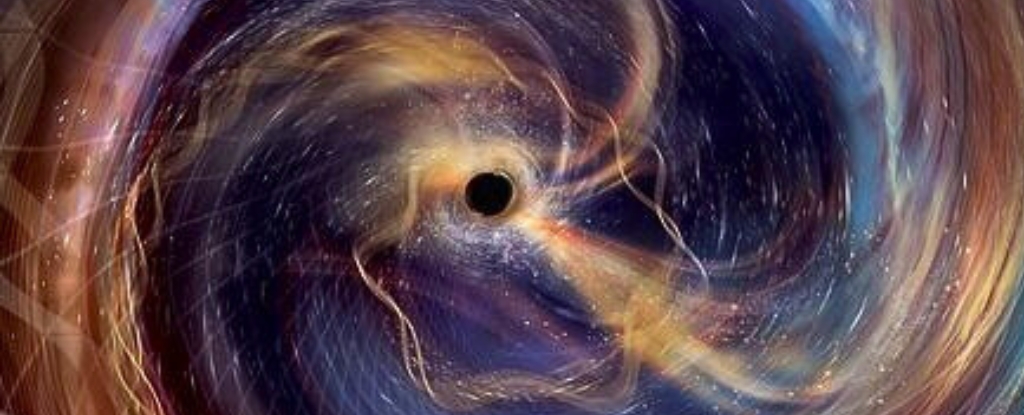A decade after the groundbreaking first detection of gravitational waves, a new discovery has provided definitive confirmation of a pivotal theory by Stephen Hawking. The recent observation, dubbed GW250114, represents the loudest gravitational wave signal ever detected, far surpassing the initial GW150914 event. This unprecedented clarity, achieved through significant upgrades to the LIGO, Virgo, and KAGRA detectors, allows for a much more precise test of Hawking's area theorem.

Gravitational waves, ripples in spacetime caused by cataclysmic events like colliding black holes, were first directly observed in 2015. This landmark discovery validated Einstein's theory of general relativity and opened a new era in astronomy. Since then, hundreds of gravitational wave events have been detected, adding to our understanding of the universe's most extreme phenomena.
Hawking's area theorem, a cornerstone of black hole mechanics, posits that the area of a black hole's event horizon – the point of no return – can only increase over time. This aligns with the second law of thermodynamics, which dictates that entropy, or disorder, always increases in a closed system. The entropy of a black hole is directly proportional to its area.
The exceptional clarity of GW250114, which originated from a black hole collision strikingly similar to GW150914, allowed scientists to perform the most precise test of Hawking's area theorem yet. By meticulously measuring the masses and spins of the colliding black holes before and after the merger, researchers were able to compare the event horizon areas. The data showed perfect agreement with the theoretical prediction, confirming Hawking's law beyond any reasonable doubt. This groundbreaking achievement underscores the power of gravitational wave astronomy in testing fundamental physical theories.
This milestone not only validates a long-held theory but also paves the way for future explorations. The continued advancement of gravitational wave detectors promises even more sensitive measurements, enabling scientists to investigate increasingly exotic phenomena and perhaps even shed light on the mysteries of dark matter and dark energy.
---
Originally published at: https://www.sciencealert.com/hawkings-bold-theory-confirmed-by-loudest-ever-black-hole-collision
